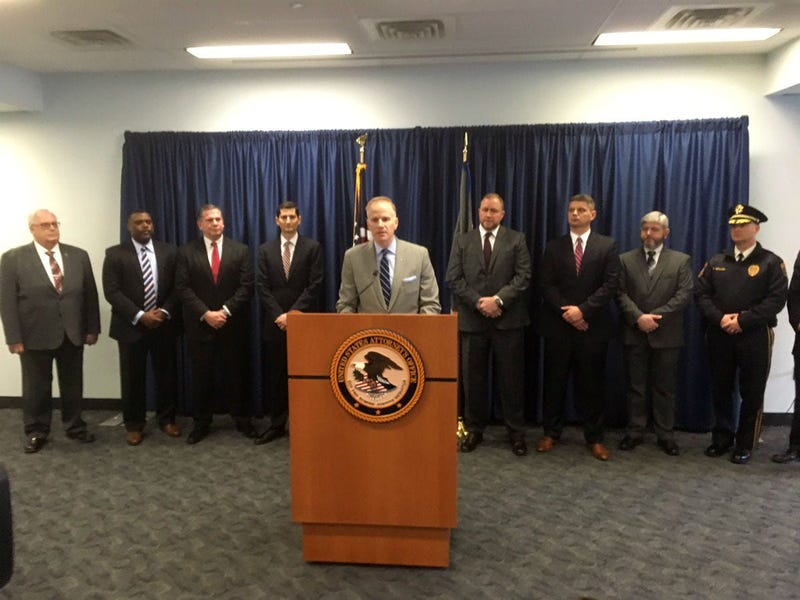
While a safe house for those struggling with opioid addiction may have backers with good intentions, McSwain said flatly it's illegal.
McSwain, who was appointed by President Donald Trump and took office last spring, calls safe injection sites "fundamentally illegal," keeping his long promise that he wouldn't look the other way.
RELATED: Nonprofit remains committed to opening safe injection site despite civil suit
McSwain filed suit against the nonprofit corporation Safehouse, asking a U.S. district court judge to rule that opening it would violate the Federal Substance Abuse Act.
He called the suit a "moderate, incremental, reasonable step," hoping to get a judge's ruling before it opens in order to avoid arrests, prosecutions or forfeiture hearings. They are not going to bring charges against drug users or the social workers and nurses who would be treating them, because the safe house is not open yet.
McSwain said they shouldn't expect prosecutors "to turn a blind eye to wholesale illegal behavior." He asked, "How much political support do injection sites have? None," pointing to Congress, the Pennsylvania legislature, the attorney general, the governor, and City Council.
READ: Philadelphia pursues safe injection sites despite justice official's warning that they're illegal
"If Safehouse wants to operate at an injection site," McSwain said, "it should work through the democratic process to try to change the law." But, he said, normalizing the use of deadly drugs like heroin and fentanyl and ignoring the law is not the answer to solving the opioid epidemic.
Advocates say the safe injection facilities save lives, funnel people into drug treatment programs, and reduce neighborhood disorder from drug use, citing evidence from other countries such as Australia and Canada. Philadelphia is one of a dozen American cities trying to bring the model to the U.S.
The Kenney administration said it does not want to open, operate or fund an overdose prevention site, but it supports a private organization doing so.
McSwain chided Mayor Jim Kenney for supporting the concept, and District Attorney Larry Krasner for providing his blessing.
"The Philadelphia Mayor's Office publicly endorsed the idea of opening an injection site, and Philadelphia District Attorney Larry Krasner promised not to bring charges against those who fund, operate or use such sites," McSwain added.
